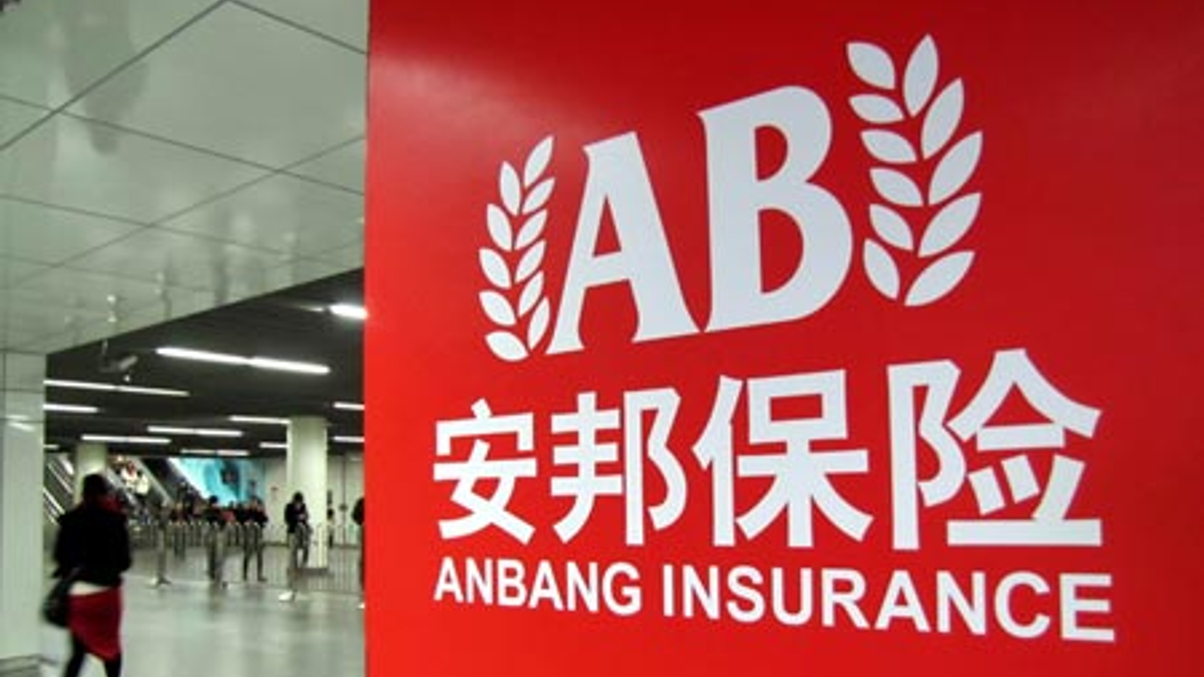Anbang seen on track to become liability-driven investor
Now in the hands of a state-controlled fund, the once-highly acquisitive Chinese insurer is expected to return to insurance basics before eventually being returned to the private sector.

Slowly emerging from the epic hangover that befell it after a daredevil asset binge, Anbang looks to be on the virtuous path back to becoming a more circumspect liability-driven insurer.
Sign in to read on!
Registered users get 2 free articles in 30 days.
Subscribers have full unlimited access to AsianInvestor
Not signed up? New users get 2 free articles per month, plus a 7-day unlimited free trial.
¬ Haymarket Media Limited. All rights reserved.


